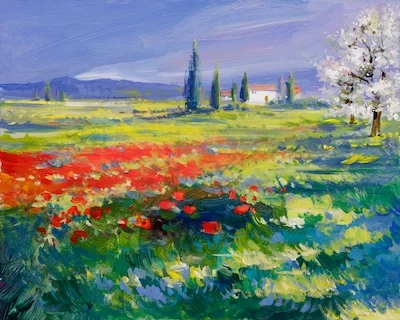
Winnipeg writer David A. Robertson has won acclaim – and a Governor General’s Literary Award – by telling Indigenous stories for young people. His graphic novels have dealt with difficult issues that run through Indigenous experience in settler society, whether suicide, residential schools or missing and murdered women. Now, with Black Water: Family, Legacy, and Blood Memory, to be released in September by HarperCollins Publishing, he turns to his own story.
Robertson, a member of the Norway House Cree Nation, has written an honest and moving memoir that builds to an emotional crescendo in its final pages. His story reflects his search for identity and his exploration of memory and family history, but more than anything, it is a love story, father and son. As Robertson writes of his father, Donald (also known as Dulas, his Cree name): “I cherish the time we spend together, not only because he’s eighty-three, but also because he’s my best friend, and I love being around him for the sake of being around him.”

David A. Robertson with his father, Donald (courtesy David A. Robertson family collection)
Robertson structures the memoir around a journey the pair make to Black Water, a gathering place north of Lake Winnipeg where his father’s people worked traplines when he was a child, a place he hasn't seen in 70 years. The trip unfolds chapter by chapter and is seamlessly interpolated with a roughly chronological account of Robertson’s own life and his efforts to understand what it means to be Cree.
Robertson’s father was well known in Manitoba’s pedagogical community, where he worked to advance Indigenous education after an earlier career as a United Church minister. He met Robertson’s mother, Beverly, of English, Irish and Scottish heritage, when he was transferred to the church in Melita, a small town in southwestern Manitoba. They fell in love, married and eventually settled in Winnipeg with their three sons. Robertson, the youngest, was born in 1977. The marriage broke down when Robertson was a child, although his parents got back together a decade later.
Robertson ponders how his youth was shaped by the absence of his father, whose work often took him away from Winnipeg, and his ignorance of his Cree heritage. “I don’t think Cam and Mike even knew they were Indigenous – I certainly didn’t and we never talked about it. Not with Mom and Dad, not with each other.” A socially awkward child with severe anxiety, he doesn’t remember any Indigenous students at school, where he absorbed the racist stereotypes of the time.

David A. Robertson and his father, Donald, outside the Parliament Buildings when they were in Ottawa for the 2017 Governor General’s Literary Awards. (photo by Julie Flett, courtesy HarperCollins Publishing and David A. Robertson family collection)
Eventually, he figured out he was Cree and assumed his parents were protecting him from the problems he might face growing up Indigenous in Winnipeg. “I often felt confused about who I was; I only knew that I was different – that I looked different, and sometimes I was treated different. But I didn’t know why, just how it made feel. I remember so desperately wanting to be liked but thinking at the same time, that there was nothing likeable about me. I’ve always been sure this low self-esteem was related to an incomplete sense of self.”
As the book unfolds, deeper understandings emerge, particularly when his father explains the Cree concept of non-interference. “You don’t interfere with another person’s life,” his father says. “They’re going to learn what they’re going to learn . . . You live the way you live, and by the way you live, that should show the kind of person you are. There was never an attempt for me to show you how to be an Aboriginal. I was going to teach you to be a man. … How am I going to say, ‘Well, now I’m going to teach you to be an Aboriginal person’? You are. I don’t remember saying, ‘This is the way I want you to live because you’re an Aboriginal person.’ I’ve tried to live a life that shows I am an Aboriginal person, and shows you that as well.”
Robertson doesn’t spend much time discussing his writing – the focus is consistently on family – although insights can be gleaned from his childhood love of comic books and the encouragement of family and teachers along the way. Still, his account gives insight into the impetus behind his many books, among them, When We Were Alone, a story about the residential school experience (and winner of the 2017 Governor General’s award for young people’s illustrated books) and Betty: The Helen Betty Osborne Story, based on her 1971 murder, as well as the Tales from Big Spirit series, which focuses on people such as Gabriel Dumont and Pauline Johnson. His latest children’s book, The Barren Grounds, to be published this fall, is billed by Penguin Random House as the first instalment of a middle-grade fantasy series in which “Narnia meets traditional Indigenous stories of the sky and constellations.”
Although Black Water isn’t a graphic story, it has some nice visual touches, including an attractive cover. I loved looking at the black-and-white family photographs at the start of each chapter, numbered in Cree and English. Each image relates to the unfolding story and allows space to reflect on a richly detailed account that is revealing yet respectful. It all comes together to create a strong sense of intimacy, as the best memoirs do. ■
Black Water: Family, Legacy, and Blood Memory by David A. Robertson will be released Sept. 22, 2020 by HarperCollins Publishing.
PS: Worried you missed something? See previous Galleries West stories here or sign up for our free biweekly newsletter.





